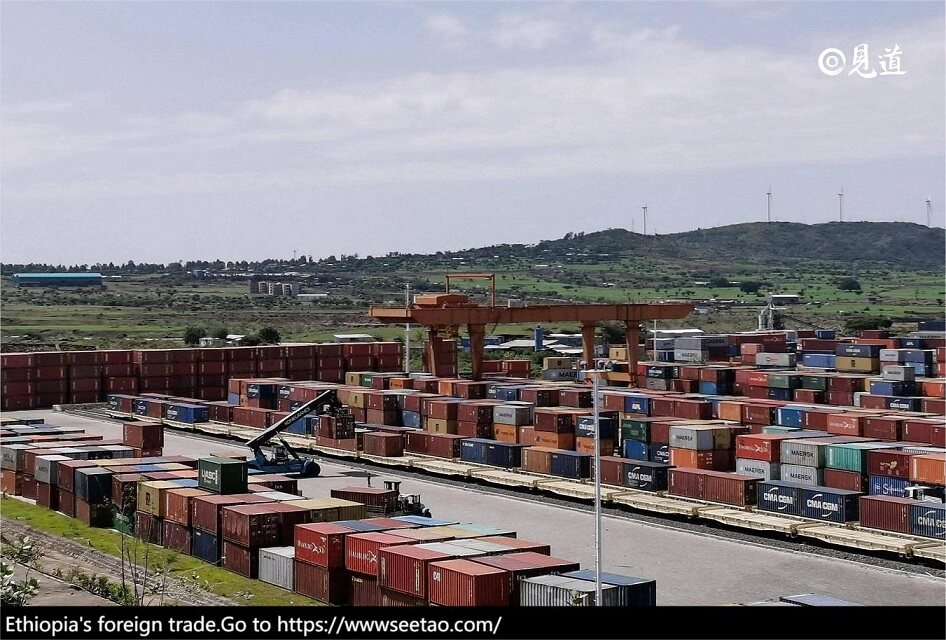- The resilient growth of the African economy means that African countries can rely on their own strength to achieve economic development

Recently, the African Development Bank released the "Macroeconomic Performance and Outlook for the African continent", which predicts that the average real gross domestic product (GDP) growth rates of the African continent will be 3.8% and 4.2% in 2024 and 2025, respectively. In 2024, 11 out of the 20 fastest growing economies in the world will come from Africa.

The report points out that despite being affected by many unfavorable factors, the economies of the African continent remain resilient, and it is expected that five regions of the continent will achieve positive growth. Among them, East Africa will continue to lead Africa's growth momentum thanks to strategic investment growth in improving internal connectivity and deepening regional trade. It is expected that the GDP growth rates in 2024 and 2025 will rise to 5.1% and 5.7% respectively; North Africa is expected to maintain a stable growth rate of 3.9% in 2024 and slightly increase to 4.1% in 2025 due to sustained adverse weather conditions and macroeconomic challenges; Central Africa is expected to slow down its growth rate to 3.5% in 2024, but the recovery of personal consumption, as well as an increase in mining investment and exports, may boost its growth rate to 4.1% in 2025; South Africa is expected to maintain low growth rates of 2.2% and 2.6% in 2024 and 2025, respectively; West Africa is expected to see growth rates increase to 4% and 4.4% in 2024 and 2025, respectively. Although the economic growth of Nigeria and Ghana has slowed down, the strong economic growth of most countries in the region will offset this impact. In addition, Burkina Faso, Mali, and Niger's announcement of withdrawal from the Economic Community of West African States has increased the uncertainty of economic growth in the region.

The report also calls for a cautious and optimistic attitude towards the economic development prospects of Africa in the face of challenges posed by global and regional risks, such as escalating geopolitical tensions, escalating regional conflicts, and political instability.
The report points out that African countries should take the following measures to address risks: firstly, to introduce reasonable monetary and fiscal policies to alleviate inflation. The second is to promote internal trade within the African continent, especially in manufacturing products, to enhance the ability to resist fluctuations in commodity prices. The third is to enhance tax management capabilities, improve transparency, reduce illegal fund flows, and optimize resource allocation. The fourth is to formulate policies to expand private sector financing and promote sustainable economic development. The fifth is to reduce the structural budget deficit and public debt accumulation of countries facing high risk of debt distress or those already in debt distress.
African Development Bank President Ajinwumi Adsina stated at the press conference of the report that according to the bank's expectations, if the global economy remains resilient, infrastructure project investment remains active, debt restructuring and fiscal consolidation continue to make progress, Africa's economic resilience will remain strong. He stated that structural reform and strategic industrial policies are key to accelerating economic diversification and driving exports. He suggested that African countries increase investment in human capital and make good use of their advantages, promote resource-based industrialization and economic diversification strategies, and enhance their ability to withstand shocks.Editor/Zhao E
Comment
 Praise
Praise
 Collect
Collect
 Comment
Comment
 Search
Search














Write something~